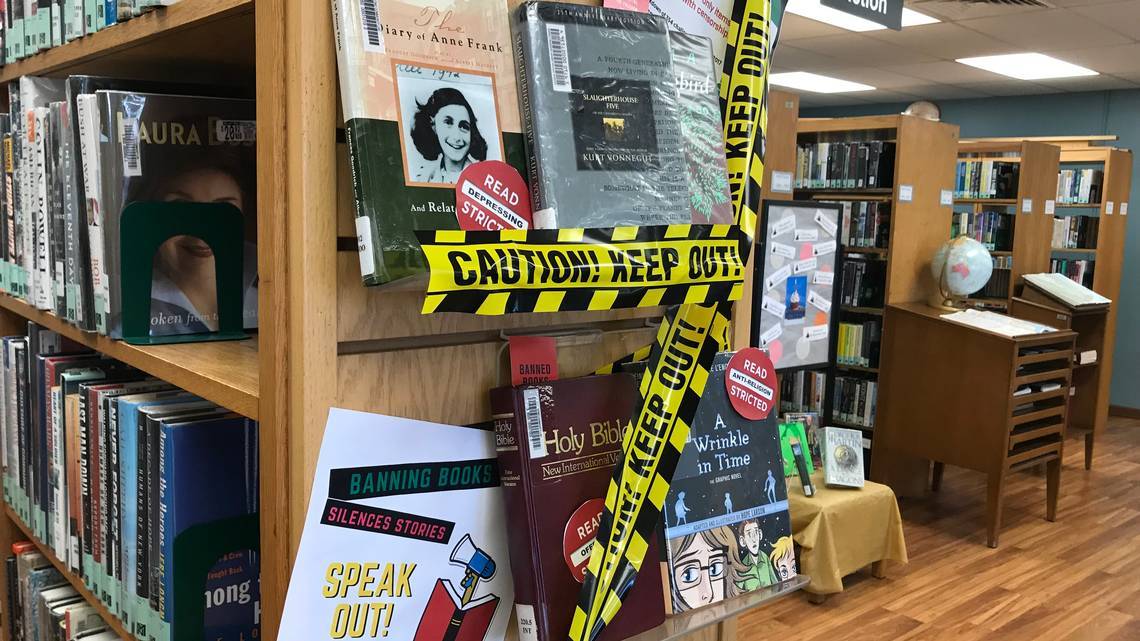San Diego Mesa College launched this year’s Banned Books Week with an event themed “Freed Between the Lines.” Dr. Edeama Onwuchekwa Jonah, the equity and engagement librarian at Mesa College, hosted and moderated the panel discussion.
Dr. Edeama Onwuchekwa Jonah opened the event with alarming statistics from the American Library Association. In 2023, 4,240 books were tagged for censorship, marking a 65% increase from 2022, with 1,247 demands to censor library books and resources.
One of the first questions Dr. Edeama Onwuchekwa Jonah posed to the panel was about the impact of book banning on marginalized communities and identities, and the repercussions of censoring public libraries.
Associate Professor of English Ranmali Rodrigo highlighted the crucial role libraries play in communities, especially for marginalized groups. “There is an important purpose to libraries specifically in the center of community, for communities that are marginalized. To make sure that their stories are present and a part of history and on record to not be erased,” Rodrigo stated. Libraries, she noted, preserve history and provide access to books that might not be included in school curriculums.
The panel also discussed the broader implications of book banning on censorship, education, academic freedom, and critical thinking. Instruction Librarian Miguel Murillo Ayala remarked on the controlling nature of censorship. “The more you know, the more power you gain,” he said, emphasizing that restricting access to books keeps people in a state of unchallenged, oppressed thinking.
Alison Gurganus, the online services librarian at Mesa College since 2007, added, “A banned book space is not a safe space.” She emphasizes the importance of libraries curating spaces for higher education and upholding the right to read these books, to continue challenging ourselves and those around us.
The panel explored the social and political intersections of book banning, noting that resistance often comes from parents whose belief systems clash with the content of certain books as well as the connection that many books are banned because they challenge governmental policies and political agendas.
To combat book censorship and keep literature relevant, the panel members agreed on several strategies. Professors are updating their curriculum to include banned books and assign them as reading material for students. The panel also suggested that students could initiate community book clubs and advocate for inclusivity in the classroom.
Dr. Edeama Onwuchekwa Jonah concluded the panel with a powerful sentiment: “We all have to rise and defend the freedom to read.” She reminded event goers that although the event lasted only a week, the fight against censorship is ongoing. They reminded Mesa students that the campus library and librarians are always available and happy to assist with any needs.
The panel featured other Mesa librarians and English professors who emphasized the importance of intellectual freedom, and the knowledge found in many significant books.
For students curious about banned books, the college offers a Banned Book Library Guide. This resource provides information on which books are banned, the reasons behind these challenges, and the top 10 books currently facing censorship.



Edeama Jonah • Oct 9, 2024 at 9:34 am
Beautifully written and well-captured. Thank you Sharay for your time and work with this piece.